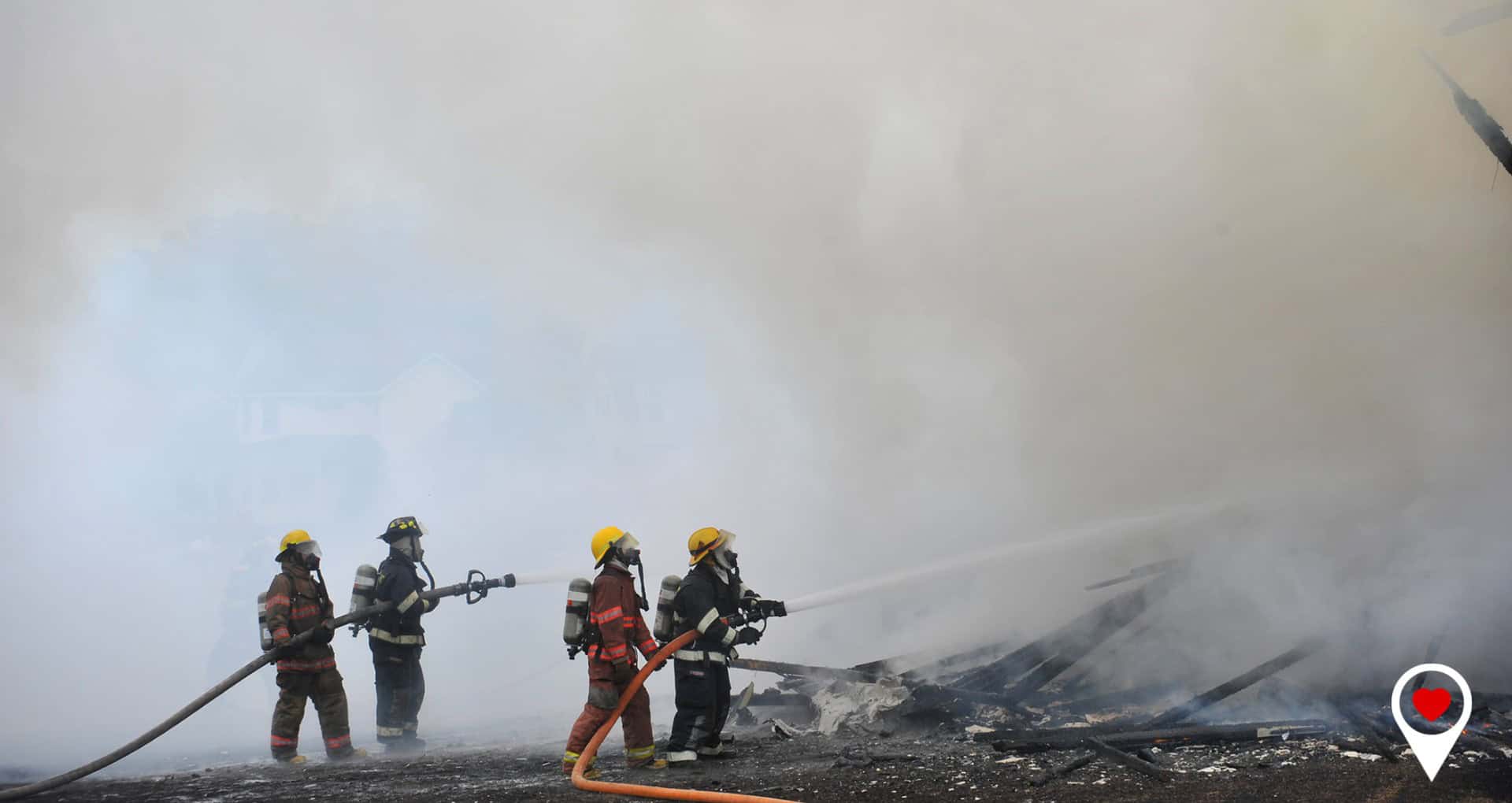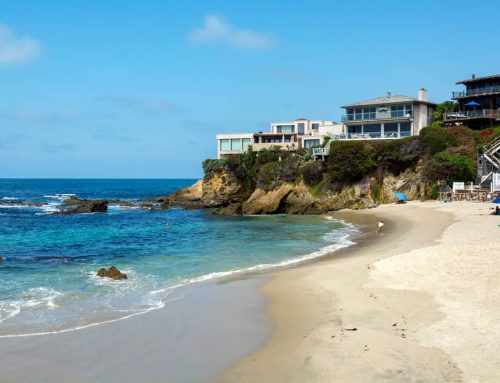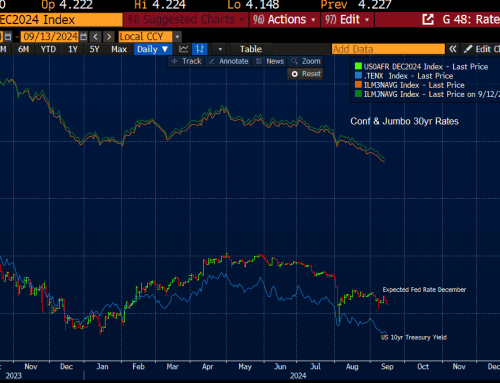Wildfires are an unfortunate reality for many California residents, and navigating insurance claims in their aftermath can feel overwhelming. To make this process more manageable, here are 10 essential tips to help you understand your rights, maximize your insurance benefits, and rebuild effectively.
1. Obtain Your Insurance Policy and Understand Your Coverage
Request a full copy of your residential homeowner’s insurance policy, including the declarations page. Insurers are legally required to provide this within 30 days. Review your coverage for:
- Rebuilding or repairing your home.
- Personal belongings.
- Additional Living Expenses (ALE).
Ask your agent for a detailed explanation of coverages like Extended Replacement Cost and Building Code Upgrade benefits so you can claim these.
2. Know Your ALE Limits and Plan Ahead
Your ALE provides coverage for temporary living expenses. After a declared catastrophe, you’re entitled to collect ALE for at least 24 months, even if your policy states otherwise. Extensions of up to 36 months may apply if delays occur beyond your control. Keep in mind:
- ALE does not increase your coverage amount.
- It only covers costs exceeding your normal living expenses.
3. Track All Additional Expenses
Maintain meticulous records of extra costs incurred due to displacement. These may include:
- Temporary rent.
- Additional travel or commuting expenses.
Remember, ALE won’t cover your mortgage or pre-fire living costs but ensures you can maintain your previous standard of living.
4. Document Every Communication
Create a “claim diary” to log conversations with your insurance adjuster. If they claim something is excluded or limited, ask for a direct reference to the relevant policy provision. This ensures clarity and helps protect your rights.
5. Get Independent Contractor Estimates
Obtain bids from licensed contractors to assess rebuilding costs. This provides a benchmark to compare with the insurance company’s estimates, which might:
- Contain errors.
- Exclude local market conditions or demand surge (price increases due to contractor/material shortages after disasters).
6. Explore Rebuilding Alternatives
You can:
- Rebuild at another location while retaining full replacement cost benefits.
- Utilize a contractor of your choice.
- Consider a community-wide development approach to reduce rebuilding costs by partnering with neighbors.
7. Take Time to Assess Your Options
Avoid rushing into contracts with contractors, lawyers, or public adjusters. Consider:
- Your financial situation.
- Family needs, like children’s schools.
- Long-term willingness to manage construction.
Gather multiple bids and confirm rebuilding costs before proceeding.
8. Evaluate Your Coverage Adequacy
Don’t assume you’re underinsured based on general building cost estimates. Calculate the actual cost to rebuild your home and compare it with your policy limits, including extended replacement cost coverage. If you’re underinsured, contact the California Department of Insurance for assistance.
9. Decide if You Need a Public Adjuster or Attorney
You may not need external help if:
- You are reimbursed for your full personal property limits.
- Your ALE covers you adequately during the rebuilding process.
If you choose a public adjuster:
- Ensure they charge only for additional settlements they secure.
- Verify their license through the California Department of Insurance.
10. Understand Public Adjuster Regulations
In declared disasters:
- You have five calendar days to cancel a public adjuster contract.
- Adjusters cannot solicit business within seven days of the loss-producing event.
- Practicing without a license is illegal.
Verify a public adjuster’s license online or by calling 1-800-927-4357.
Final Thoughts
Rebuilding after a wildfire is a long journey that involves making critical decisions about your insurance claim and future living arrangements. By staying informed and documenting every step of the process, you can protect your rights and maximize your recovery.
For further assistance, contact the California Department of Insurance Hotline at 1-800-927-4357 or visit their website.
Disclaimer: This article provides general guidance and is not a substitute for legal advice.
Credit: Content adapted from the California Department of Insurance article: Top Ten Tips for Wildfire Claimants.







